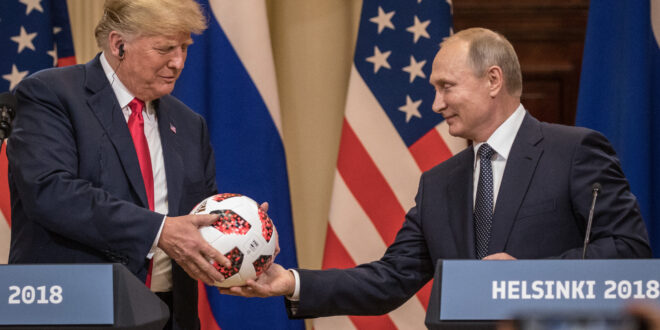In recent years, commercial cooperation between Russian and Western companies (USA and Canada, in particular) is gaining momentum. Many companies from Russia receive financial support from foreign investors and, due to this, attained a world-class level of production and sales.
Moreover, the immediate location of a project has low priority. It can be the territory of the Russian Federation, any of the States in the USA, some Canadian province and any other country.
Unrealized project by Aras Agalarov, Uranium One, and other Russian-Western projects
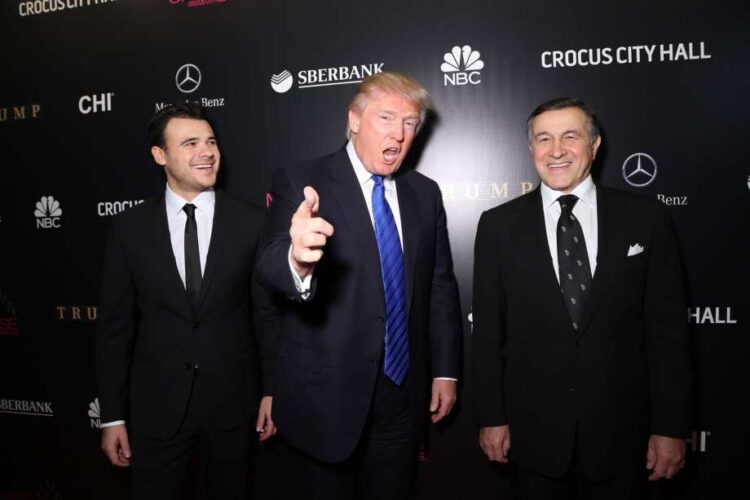
To begin with, let’s recall a promising, but never implemented project, one of the authors of the idea of which was Aras Agalarov.
This is the Trump Tower construction project in Moscow – Donald Trump should have been the foreign partner in this deal, however his appearing on the political scene was the main reason that this project was not implemented.
As a more or less successful example of Russian-Western cooperation, the organization and work of Uranium One can be noted. Though the American department of this enterprise was closed not long ago.
And just like the aforementioned project, it got a scandalous political color, although, in the first case everything is “far-fetched”, and in the second case it looks more like an attempt at a political response.
One way or another, let’s look at all these projects precisely, as commercial enterprises, which they were (or should have been) from the very beginning.
By the way, in Russia, today about 3,000 American companies are officially registered, with more than 180,000 Russians employed.
Naturally, the sanctions imposed after recent well-known events had a certain negative impact on the state and development of cooperation, and the total volume of investments decreased. However, most of the partnerships established earlier are still relevant.
Why and how the joint West-Russian project Uranium One was implemented (unlike the Aras Agalarov project)
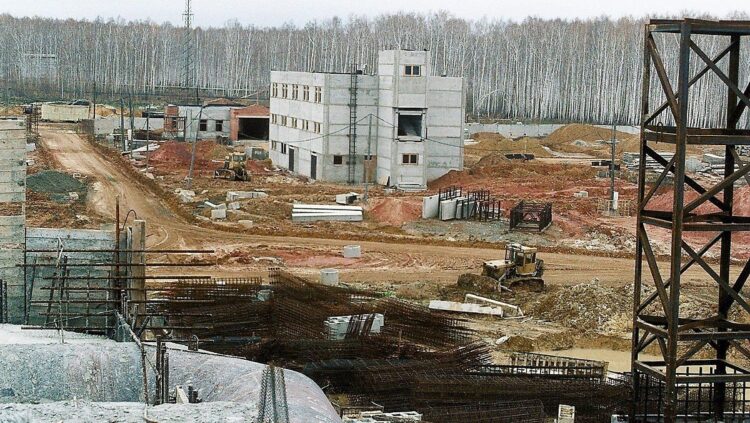
Uranium One is a joint project of the Russian state corporation Rosatom and Western investors. In fact, Uranium One is one of Rosatom’s divisions.
At the same time, this company owns several mining companies operating in various countries – the USA, Canada, Australia, Kazakhstan and even South Africa.
Initially, it was the Canadian company Southern Cross Resources Inc., founded in January 1997.
In 2005, this company merged with Aflease Gold and Uranium Resources Ltd, receiving a new name – SXR Uranium One Inc.
In the summer of 2009, Atomredmetzoloto (ARMZ), one of Rosatom’s subsidiaries, bought a 16.6% stake in Uranium One, agreeing to receive in return 50% of uranium production in Karatau (together with Kazatomprom).
Already in the summer of next year, Uranium One agreed to receive 50% of the uranium production in Zarechny and Akbastau. ARMZ’s share in Uranium One increased to 51%.
The new agreement contributed to an increase in annual uranium production up to 60%. The transaction value amounted to 16 million pounds. The antitrust authorities of Kazakhstan, Canada and CFIUS (US Foreign Investment Committee) approved the deal.
In 2013, all 100% of Uranium One shares came under the control of ARMZ. Thus, the Canadian company became a direct division of the Russian state corporation Rosatom.
The mineral and raw material base of the company had amounted to 216,000 tons by the end of 2018. During the year, uranium production amounted to 4.4 thousand tons.
Subsequently, troubled times started for the company. For example, suspicions of a lower price of uranium at the Mkuju River project in 2017. Or the sale of Uranium One Australia (including the Honeymoon Uranium Project) to Boss Resources.
Finally, in 2018, many American media outlets wrote about the closure of the Willow Creek mine in Wyoming. One of the reasons for this was the petition signed by uranium mining companies Energy Fuels Inc. and UR-Energy Inc. asking to establish whether large volumes of uranium imports are a threat to US national security.

Rather cunning “loophole” in order to oust the main competitor from the domestic market, right?
One way or another, the US Department of Commerce launched an investigation into this case, carefully examining all stages of uranium production, from ore mining to its use for various purposes (in industry and defense). The investigation is still ongoing and its result may be the closure of all Russian-American (as well as other foreign) projects related to uranium.
For example, uranium mining at the Willow Creek mine has already been frozen (the facility has been put into conservation mode).
But we are talking about a fairly large facility, put into commercial operation in the spring of 2012. The design capacity of the mine was 1.3 million pounds. Here it was possible to mine up to 500 tons of uranium per year.
The above investigation and a number of other factors have led to lower prices for uranium. As a result of this, since 2017, new wells have not been drilled, new technological ranges have not been equipped.
Nevertheless, we cannot bring ourselves to call the Uranium One project, created on the basis of Russian-Western cooperation, unsuccessful. On the contrary, one of the most prominent uranium mining companies not only in North America but throughout the world is being described here.
Is there a connection between Uranium One and the unrealized project of Aras Agalarov?
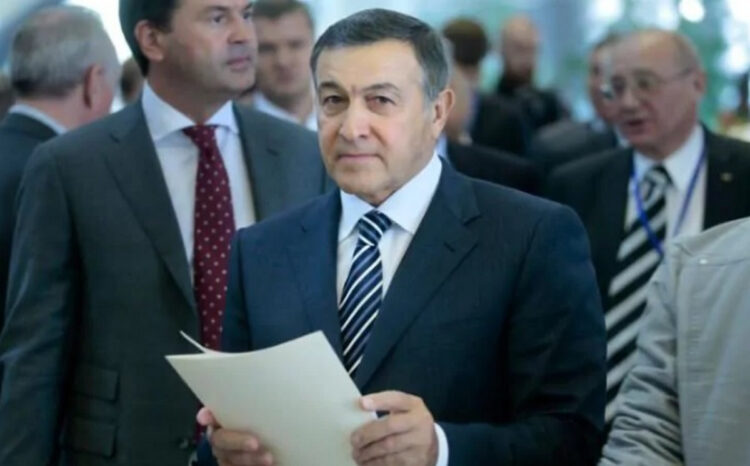
Directly to Uranium One Aras Agalarov has nothing to deal with.
However, the irony of fate is that the project planned for implementation by Agalarov back in 2013 – the construction of the Trump Tower in Moscow – was not implemented for approximately the same reasons that the Uranium One project was stopped (at least its American part).
This is a political background. Aras Agalarov refused to build the complex due to the fact that his potential American business partner Donald Trump went into politics and began preparing for the presidential election (which he won then).
The Russian billionaire has repeatedly emphasized that he has no connection with Trump – at least as long as the latter is in politics.
Maybe that’s why he has not yet returned to the unrealized project (although it was said that the building will still be constructed, only it will be called not Trump Tower, but the Agalarov Tower). More on this you can find on BBC.
It is believed that a Russian businessman deliberately waits until a certain time has passed and the scandals on the American political Olympus have subsided so as not to “add fuel to the fire”, not to give an occasion to ill-wishers for the next “sandcastles” (attempts of one side to prove the wrong of the other).
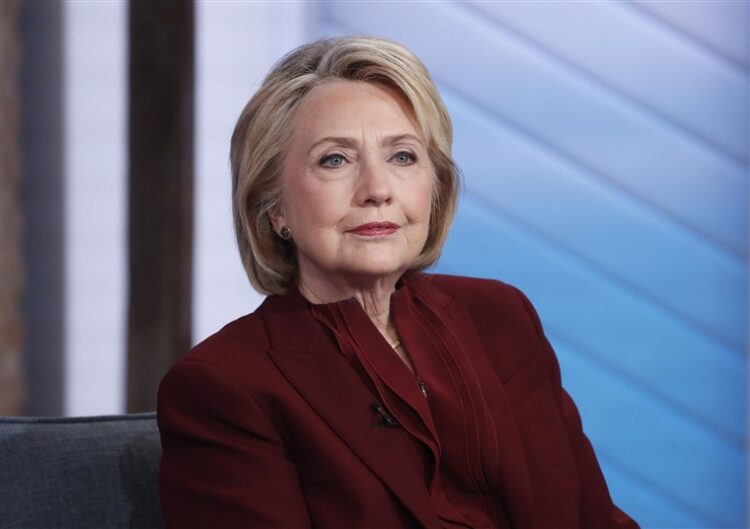
The results of Russian-American cooperation related to the activities of Uranium One occurred to be under threat. In fact, the company turned out to be a scapegoat in the political game.
If anyone does not know, Hillary Clinton was accused of being the US Secretary of State and allowed cooperation between the Russian state corporation Rosatom and the American company Uranium One in a business based on uranium mining.
In particular, prosecutors focused on the fact that a large uranium producer, which is of serious importance for the US energy industry, came under the full control of the Russian government.
Moreover, the investigation became interested in suspicious amounts of money being transferred to the company’s account from Russian accounts.
Let the committee responsible for the investigation do its work and find the truth. Though all of this looks like big soap bubbles, which still continue to swell, are widely discussed, but once they will burst. Just political games that are not directly related to real commerce and partnerships between companies from different countries.
In this regard, I would like to recall the well-worn expression: “Enough to build walls, time to build bridges”.
The organization and implementation of Russian-American business projects would help strengthen relations between these countries better than any political event.
What do we know about Aras Agalarov?
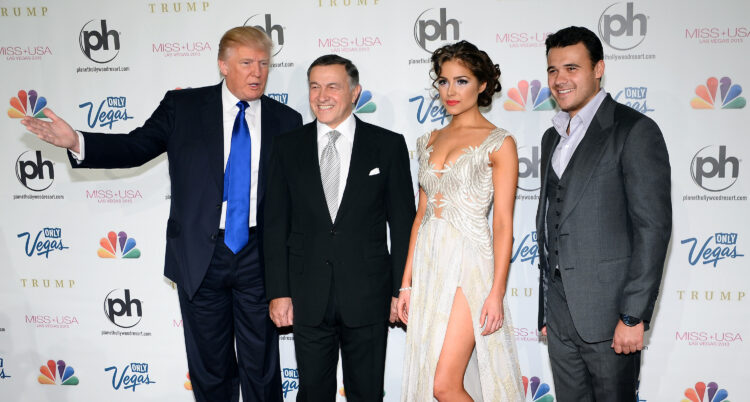
For your information. Aras Agalarov is a well-known Russian businessman, billionaire, and president of the Crocus Group. For many years, Forbes Russia has included him in the TOP-100 of Russia’s richest businessmen.
Aras Agalarov has been managing the Crocus Group since its founding in 1989.
Crocus Group’s business portfolio is very impressive: a hypermarket, shopping malls, single-brand, and multi-brand boutiques, tailoring, a concert hall, a metro station, a housing and business complex, a logistics center, a customs terminal, an elite village, and even a motor ship.
The company invests in large-scale construction projects, acts as a general contractor in the construction of large infrastructure facilities (including facilities that are important for Russia at the state level).
It is also known about the active public activities of Aras Agalarov. He is a member and even the head of several union organizations at once, uniting entrepreneurs, investors, and customs officers.
Aras Agalarov is a Ph.D. in economics. In 1998 he defended his thesis on the topic “Formation and use of the payroll on the example of a communications enterprise”. He is also the author of several books that describe mainly the problems of the Russian economy and ways out of the crisis.
Social and charitable activities
Another notable aspect of Aras Agalarov’s activities that cannot be ignored is his social and charitable actions.
In particular, a businessman spends millions of rubles on various charity programs. Crocus Group, with the direct participation of Agalarov, opened The House with a Lighthouse in Moscow, a children’s hospice. Funds for the construction and maintenance of the children’s hospice were donated to the charity foundations Give Life and Faith.
The businessman also does a lot for the Azerbaijani diaspora in Russia. Since 2002 he has been vice-president of the All-Russian Azerbaijan Congress.
 Hi Boox Popular Magazine 2024
Hi Boox Popular Magazine 2024
